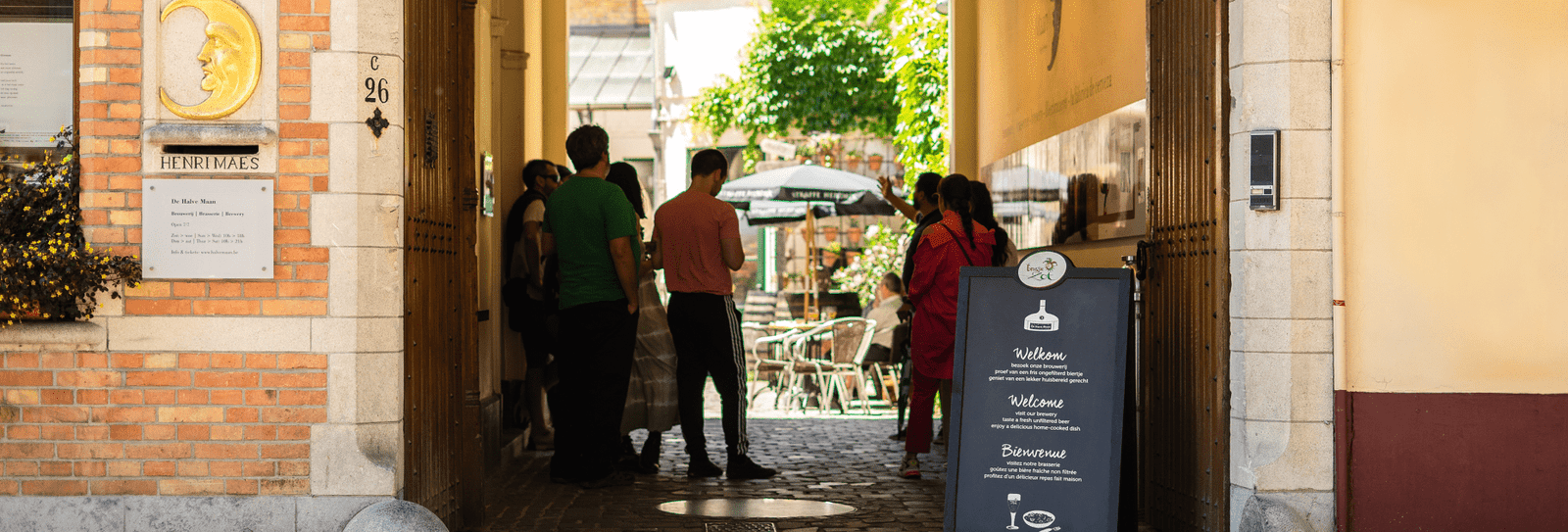Belgium is renowned for its rich brewing tradition, spanning centuries and creating a reputation as a beer lover’s paradise. From Trappist ales crafted in monasteries to vibrant, fruity lambics, Belgian beer is as diverse as it is iconic. Whether you’re a casual drinker or a passionate connoisseur, understanding Belgian beer requires a journey through its breweries, traditions, and the unique styles that have made it famous worldwide.
The Unique Belgian Brewing Tradition
Belgian beer has deep roots, with brewing practices dating back to the Middle Ages. Today, these practices are a blend of ancient techniques and modern innovations, allowing Belgian breweries to create beers that stand out in both flavor and complexity. Many Belgian beers are brewed with local yeasts and special ingredients like herbs, spices, and fruits, giving them a distinct profile that sets them apart from other brewing cultures.
Iconic Belgian Beers You Should Know
Belgium is home to an impressive variety of beer styles, each with its own unique characteristics. Some of the most well-known Belgian beers include:
- Trappist Beers: Brewed by monks in monasteries, these beers are often strong, complex, and full-bodied. Examples include Westvleteren 12, Chimay Blue, and Rochefort 10.
- Lambic Beers: These naturally fermented beers are often sour and can be found with fruit flavors such as cherry or raspberry. Famous examples include Cantillon Kriek and Boon Geuze.
- Belgian Strong Ales: Bold and high in alcohol content, these beers, such as Duvel and Delirium Tremens, are known for their fruity and spicy notes.
- Saison: Originating from farmhouses in southern Belgium, Saisons like Saison Dupont are refreshing, with a dry finish and a hint of spice.
- Witbier: Light and citrusy, this style, represented by beers like Hoegaarden, is brewed with wheat and often infused with orange peel and coriander.
Famous Belgian Breweries to Explore
Belgium is not just about the beers; the breweries behind them play an equally important role in shaping their legacy. Here are some of the most revered Belgian breweries:
- Brouwerij Westvleteren: Located in the Abbey of Saint Sixtus, this Trappist brewery is known for producing one of the most sought-after beers in the world, Westvleteren 12.
- Brouwerij Duvel Moortgat: The creators of Duvel, one of the most famous strong pale ales, known for its crisp and complex flavor.
- Brouwerij De Halve Maan: Based in Bruges, this brewery is behind Brugse Zot and Straffe Hendrik, representing the history of Belgian brewing in one of the country’s most picturesque cities.
- Brouwerij Cantillon: This Brussels-based brewery is famous for its traditional lambic beers, using spontaneous fermentation to create unique flavors in each batch.
- Abbaye Notre-Dame de Scourmont: The home of Chimay, one of the world’s most iconic Trappist beers, loved for its balance and complexity.
Why Belgian Beer Stands Out
Belgian beer is renowned for its diversity, quality, and adherence to tradition. The strict regulations around Trappist beer production and the artisanal approach of many family-run breweries help maintain a high standard. This ensures that each bottle of Belgian beer tells a story of craftsmanship, history, and local culture.
From the spontaneous fermentation of lambics to the yeast-driven complexity of strong ales, Belgian beer is marked by a range of techniques that few other countries can rival. It’s no wonder that Belgium boasts more than 1,500 beer brands, with many considered masterpieces of the brewing world.
Explore More About Belgian Beer
Whether you’re just starting your journey into Belgian beer or are eager to dive deeper, there’s so much more to explore. Browse our collection of in-depth articles on specific Belgian beer styles, the history of legendary breweries, and insider tips on beer tasting and pairing. Discover your new favorite brew and learn why Belgium remains at the heart of the global beer scene.
Belgian beer is not just a drink—it’s an experience. Start exploring today and uncover the stories behind the bottles.

